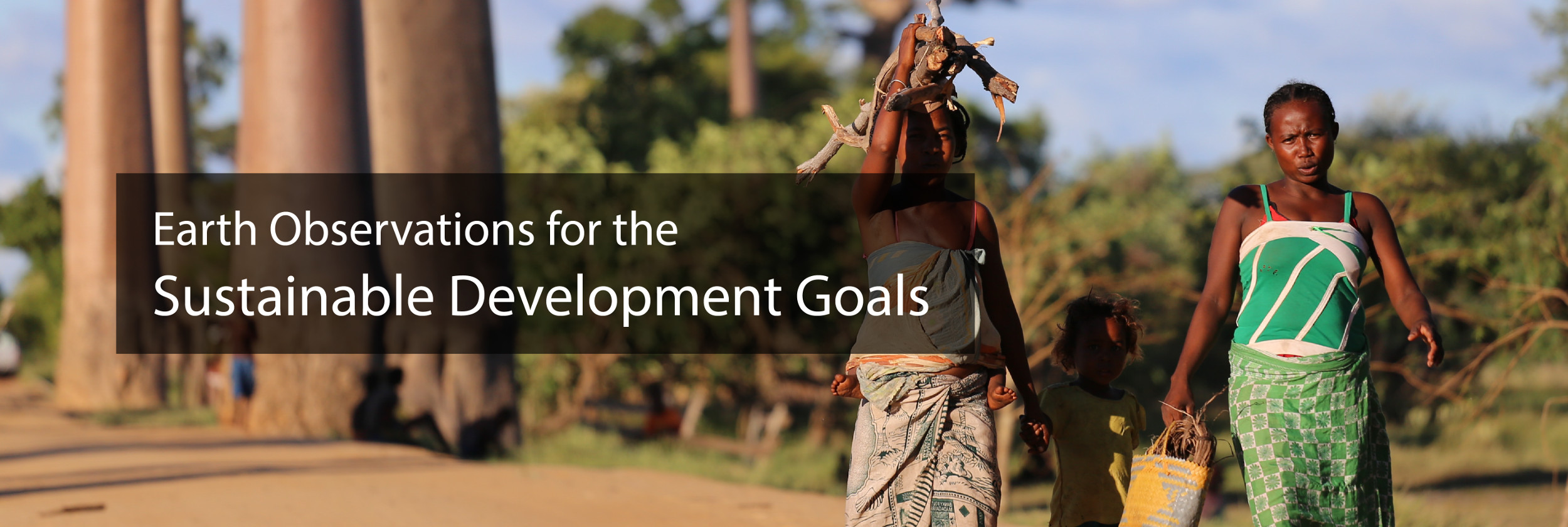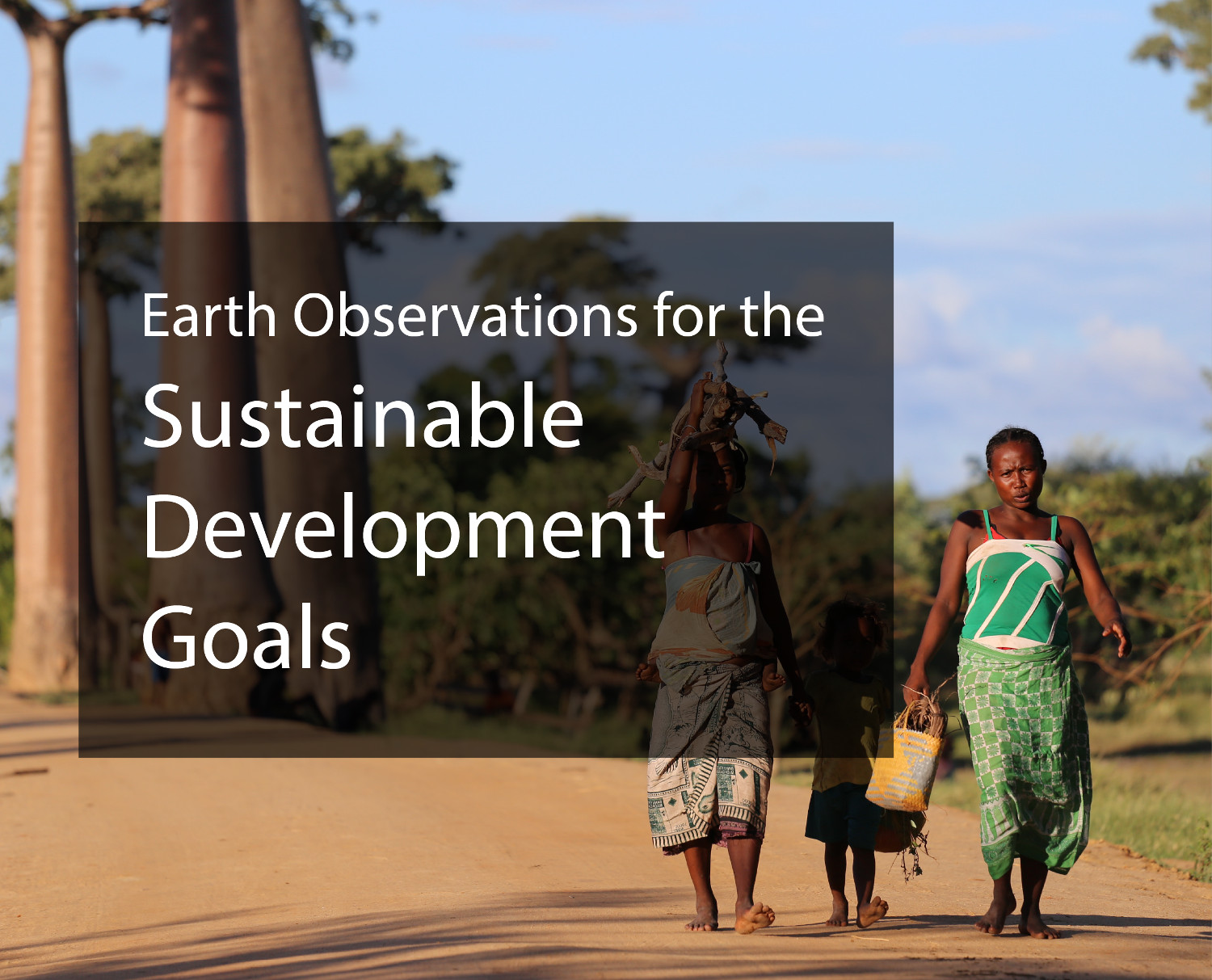

The 2030 Agenda for Sustainable Development provides a universal development agenda for all countries and stakeholders to use as a blueprint of action for people, the planet and prosperity. The agenda is driven by seventeen Sustainable Development Goals (SDGs), associated Targets, and a global Indicator Framework. Collectively, these elements enable countries and the global community to measure, manage, and monitor progress on economic, social and environmental sustainability.


Earth observations, geospatial data, and derived information play insightful roles in monitoring targets, planning, tracking progress, and helping nations and stakeholders make informed decisions, plans, and on-going adjustments that will contribute toward achieving the SDGs. Combined with demographic and statistical data, these sources enable nations to analyze and model conditions, create maps and other visualizations, evaluate impacts across sectors and regions, monitor change over time in a consistent and standardized manner, and improve accountability.
The Earth Observations in Service of the 2030 Agenda for Sustainable Development Initiative enables contributions to the 2030 Agenda by GEO and the Earth observations community. The primary purpose of this Initiative is to organize and realize the potential of Earth observations and geospatial information to advance the 2030 Agenda and enable societal benefits through achievement of the SDGs. This Initiative supports efforts to integrate Earth observations and geospatial information into national development and monitoring frameworks for the SDGs.
Earth observations and geospatial information: supporting official statistics in monitoring and achieving the 2030 agenda
The Global Indicator Framework captures the interlinked, multifaceted and ambitious aspirations for the continued development of nations and societies. Effective reporting of progress toward these Indicators requires the use of multiple types of data, what we have in hand - traditional national accounts, household surveys and routine administrative data – as well as new sources of data, namely Earth observations, geospatial information, citizen science, and Big Data.
EO Supports Sustainable Development
GEO convenes effective partnerships for societal benefit through use of free and open Earth observation data. The GEO Initiative ‘Earth Observations in Service of the 2030 Agenda’, together with the Committee on Earth Observation Satellites (CEOS) have issued a new report to highlight case studies of how Earth observation responds to sustainable development, whether for health, disaster risk reduction or environmental protection.
Read the report here.